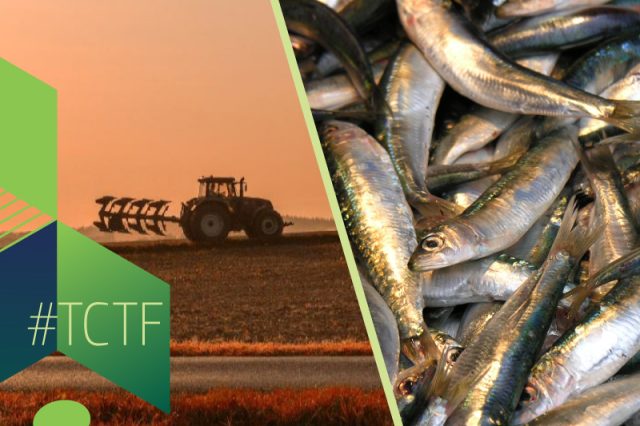
The European Commission adopted on May 2nd 2024, an amendment to the State aid Temporary Crisis and Transition Framework (TCTF) with the aim of prolonging by six months certain provisions of the Framework meant to address persisting market disturbances specifically in the agriculture and fisheries sectors. This decision was made after taking into consideration several meetings with European members and decisions that have been made by European Union Ministers during multiple European Council’s summits, such as the negotiations that took place on April 17th and 18th, during which the Council discussed the importance of a resilient and sustainable agricultural sector for food security and the EU’s strategic autonomy, assuring that it is a key strategic interest of the Union, and encouraged to pursue the work on a possible prolongation of the TCTF. Throughout this Council meeting, EU ministers shared several perspectives and measures in order to guarantee as stated previously, a competitive, more environmentally friendly and resilient agricultural sector, guaranteeing that this can be achieved by establishing the following features. These are, on the first hand, the settlement of a more stable and predictable framework for farmers, with a special focus on the environmental and climate issues that these must confront while carrying out their activity.
In line with this conclusion, the European Council urges the prompt adoption of the amendment to the Common agricultural policy (CAP) regulation and encourages both, the Council and the Commission, to continue their efforts, in particular, focusing on the following matters. On the first place, the implementation of a short- and medium-term measures aiming to reduce the administrative burden and achieve simplification. The subsequent measure is the strengthening of farmers’ position in the food supply chain, to ensure a fair income. This has been one of the biggest and more recurrent complains presented by farmers, the unfairness regarding the low prices they have had to face, versus the much higher prices perceived in the rest of the food supply chain links, especially in the last step, before reaching the consumer, the supermarkets and distribution companies. Another point presented is focused on ensuring rules-based and equal competition, globally and in the internal market. Also, the extension of the temporary framework on State aid and the possibility to increase the ceiling on de minimis aid for agriculture. The last measure to pursue is, the imposition of further tariffs on certain imports of Russian and Belarusian agricultural products in the EU, and on this note, taking into account the impact these have on the Single Market and ensuring that the transit of such goods to developing countries remains unaltered.
Concerning the Temporary Crisis and Transition Framework (TCTF), it was first adopted in March 2023 as a revision of the original Temporary Crisis Framework (TCF) established in March 2022 with the aim of helping the EU member states’ business deal with the direct consequences from the Russia’s war in Ukraine. On this note, the European Commission decided to adopt a restricted extension of section 2.1 of the Temporary Crisis and Transition Framework, directed at the primary agricultural sector, and towards the fisheries and aquaculture sectors. The decision to postpone the phase-out of the TCTF grants Member States the opportunity to extend limited assistance to companies operating in these sectors for an additional six months, until December 31, 2024. This prolongation will provide Member States with additional time to implement support measures in those cases needed.
Regarding this prolongation, it is important to highlight that it will not include an increase of the ceilings set out for the limited amounts of aid. Meaning that Member States will for this reason, continue to be able to provide companies which have been affected by the crisis or by the subsequent sanctions and countersanctions, including by Russia, up to €280,000 for the agricultural sector and up to €335,000 for the fisheries and aquaculture sectors.



 Subscribe
Subscribe